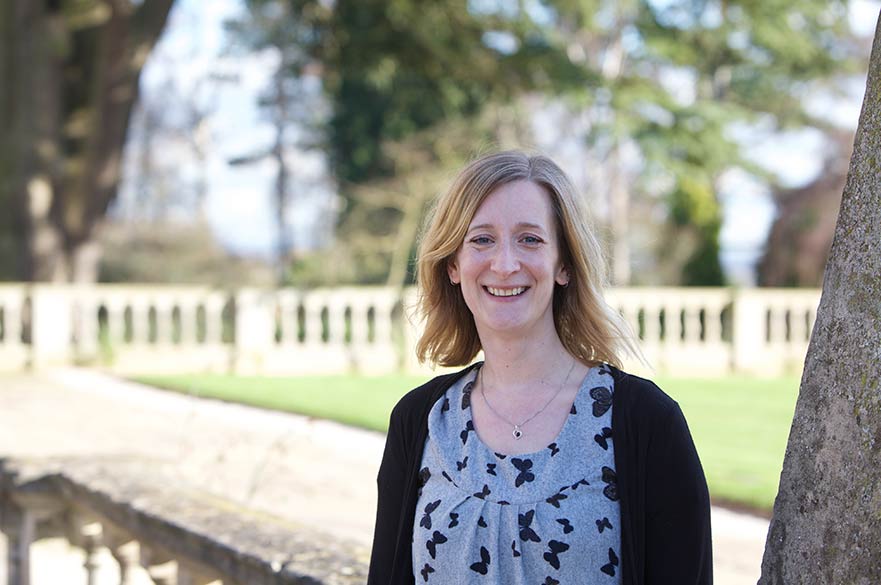Role
Dr Gentle is a Principal Lecturer and Leader of the Conservation provision for the School, including BSc (Hons) Wildlife Conservation BSc (Hons) Ecology & Conservation and BSc (Hons) Zoology. She teaches undergraduate modules on Behavioural & Evolutionary Ecology, and Experimental Design & Data Analysis. In addition, she teaches on the Africa Field Course Module to Mankwe Wildlife Reserve, and supervises undergraduate dissertations and postgraduate research projects in ornithology, behavioural ecology and conservation.
Louise is an active researcher whose interests include Behavioural Ecology and Wildlife Conservation. She is also a science communicator, writing popular science articles for platforms such as The Conversation and The Naked Scientists, and has written a chapter in the book The Secret Science of Superheroes.
Career overview
Louise undertook her degree in Biology at the University of Nottingham, before studying Conservation Genetics at the Universtiy of Leicester. She undertook her D.Phil (PhD) at The University of Oxford's Edward Grey Institute of Field Ornithology on 'Fat load and social dominance in the great tit, Parus major'. She then worked as a Field Officer for the RSPB, a Biodiversity Information Officer for RECORD Biological Records Centre and a Research Assistant on a number of genetic studies. Louise joined Nottingham Trent University as a Lecturer, where she undertook a Post Graduate Certificate in Higher Education (PGCHE) and became a Senior Fellow of the Higher Education Academy (SFHEA). She has won several awards for her Outstanding Teaching, including the Vice Chancellor's Teaching Award.
Research areas
Areas of research interest include Behavioural Ecology, Ornithology and Wildlife Conservation.
Competitive fully funded PhD studentships are currently available via www.ntu.ac.uk/phdstudentships.
Current PhD students:
- PIno Garcia Sanchez (Started 2023): Brown bear (Ursus arctos) movement behaviour and ecological connectivity in European human-dominated landscapes
- Hongli Yu (Started 2020): Conservation insights from the population genomics of British hedgehogs (Erinaceus europaeus)
Past PhD students:
- Shashank Balakrishna: The reproductive ecology of the barn owl (Tyto alba) in agricultural landscapes
- Helle Hydeskov: The health effects of lead (Pb) in Scandinavian brown bears (Ursus arctos)
- Emily Hall (Started 2021): Hot Dogs – Advancing the Epidemiology and Clinical Definition of Heat-Related Illness in UK Dogs
- Anthony Seveque Trophic Cascades: the role of apex predators in Europe’s modern human- dominated landscapes.
- Jessica Schaus-Calderon Using the Random Encounter Model (REM) to estimate rural and urban hedgehog population size.
- Katie Lee Untangling the roles of prey availability, habitat quality and predation as predictors of hedgehog abundance - in collaboration with PTES
- Robert Davis Leopard ecology and conservation in Malawi – In collaboration with Carnivore Research Malawi
- Esther Kettel A comparison of urban and rural behaviours in the peregrine falcon (Falco peregrinus)
- Oluseun Akinsorotan Impacts of illegal human activities on mammal occupancy in Old Oyo National Park, Nigeria
- Louisa Richmond-Coggan Brown hyaena conservation in South Africa
- Holly Root-Gutteridge Bioacoustics of wolf howls
- Anna Champneys Factors affecting the survival and distribution of water shrews
Opportunities to carry out postgraduate research towards an MPhil / PhD in the School of Animal, Rural and Environmental Sciences exist, and further information may be obtained from the NTU Doctoral School.
External activity
Dr Gentle is a member of the following societies:
- British Trust for Ornithology
- South Nottinghamshire Ringing Group
- Association for the Study of Animal Behaviour
- Mammal Society
- British Ornithologists' Union
She is also a science communicator, writing popular science articles for platforms such as The Conversation, The Naked Scientists and New Humanist, and has written a chapter in the book The Secret Science of Superheroes.
Sponsors and collaborators
Current and recent research is conducted with the collaboration, funding and / or support of:
- University College, Cork
- University of Oxford
- University of Sheffield
- South Nottinghamshire Ringing Group
Publications
Improving individual identification in captive Eastern grey wolves (Canis lupus lycaon) using the time course of howl amplitudes. Root-Gutteridge H, Bencsik M, Chebli M, Gentle LK, Terrell-Nield C, Bourit A and Yarnell RW, Bioacoustics: The International Journal of Animal Sound and its Recording, 2013 (epub ahead of print)
Attempted predation by common kestrel at a house sparrow nestbox. Gentle LK, Gooden D and Kettel E, British Birds, 2013, 106, 412-413
Identifying individual wild Eastern grey wolves (Canis lupus lycaon) using fundamental frequency and amplitude of howls. Root-Gutteridge H, Bencsik M, Chebli M, Gentle LK, Terrell-Nield C, Bourit A and Yarnell RW, Bioacoustics: The International Journal of Animal Sound and its Recording, 2013 (epub ahead of print)
Characterization of 38 microsatellite loci in the European blackbird, Turdus merula (Turdidae, AVES). Simeoni M, Dawson DA, Gentle LK, Coiffait L, Wolff K, Evans KL, Gaston KJ and Hatchwell BJ, Molecular Ecology Resources, 2009, 9(6), 1520-1526
Characterisation of spotted hyena (Crocuta crocuta) microsatellite loci. Wilhelm K, Dawson DA, Gentle LK, Horsefield GF, Scholtterer C, Greig C, East M, Hofer H, Tautz D and Burke T, Molecular Ecology Notes, 2003, 3, 360-362
Microsatellite loci in the crested newt (Triturus cristatus) and their utility in other newt taxa. Krupa AP, Jehle R, Dawson, DA, Gentle LK, Gibbs M, Arntzen JW and Burke T, Conservation Genetics, 2002, 3, 85-87
The effects of altering perceived predation risk on the fat reserves of wild Great Tits, Parus major. Gentle LK & Gosler AG Proceedings of the Royal Society of London Series B, 2001, 268, 487-491
Conditioning pigeons to discriminate naturally lit insect specimens. Green PR, Gentle LK, Peake TM, Scudamore RE, McGregor PK, Gilbert F and Dittrich WH, Behavioural Processes, 1999, 46, 97-102
Press expertise
- Behavioural Ecology
- Evolutionary Biology
- Ornithology
- Animal Behaviour
- Wildlife Conservation
- Ecology
- Zoology
- Science Communication
Course(s) I teach on
-
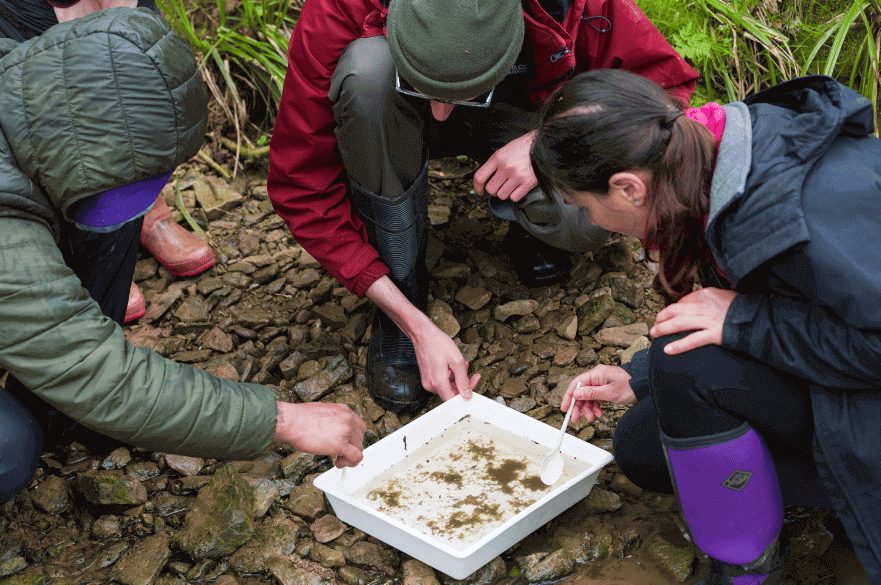 Undergraduate | Full-time / Sandwich
Undergraduate | Full-time / Sandwichhttps://www.ntu.ac.uk/course/animal-rural-and-environmental-sciences/ug/bsc-hons-ecology-and-conservation
-
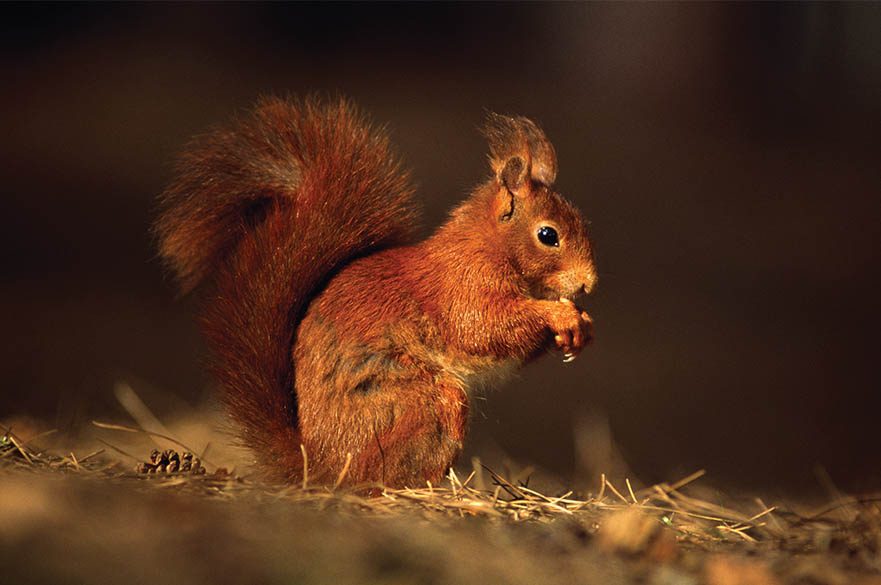 Undergraduate | Full-time / Sandwich
Undergraduate | Full-time / Sandwichhttps://www.ntu.ac.uk/course/animal-rural-and-environmental-sciences/ug/bsc-hons-wildlife-conservation
-
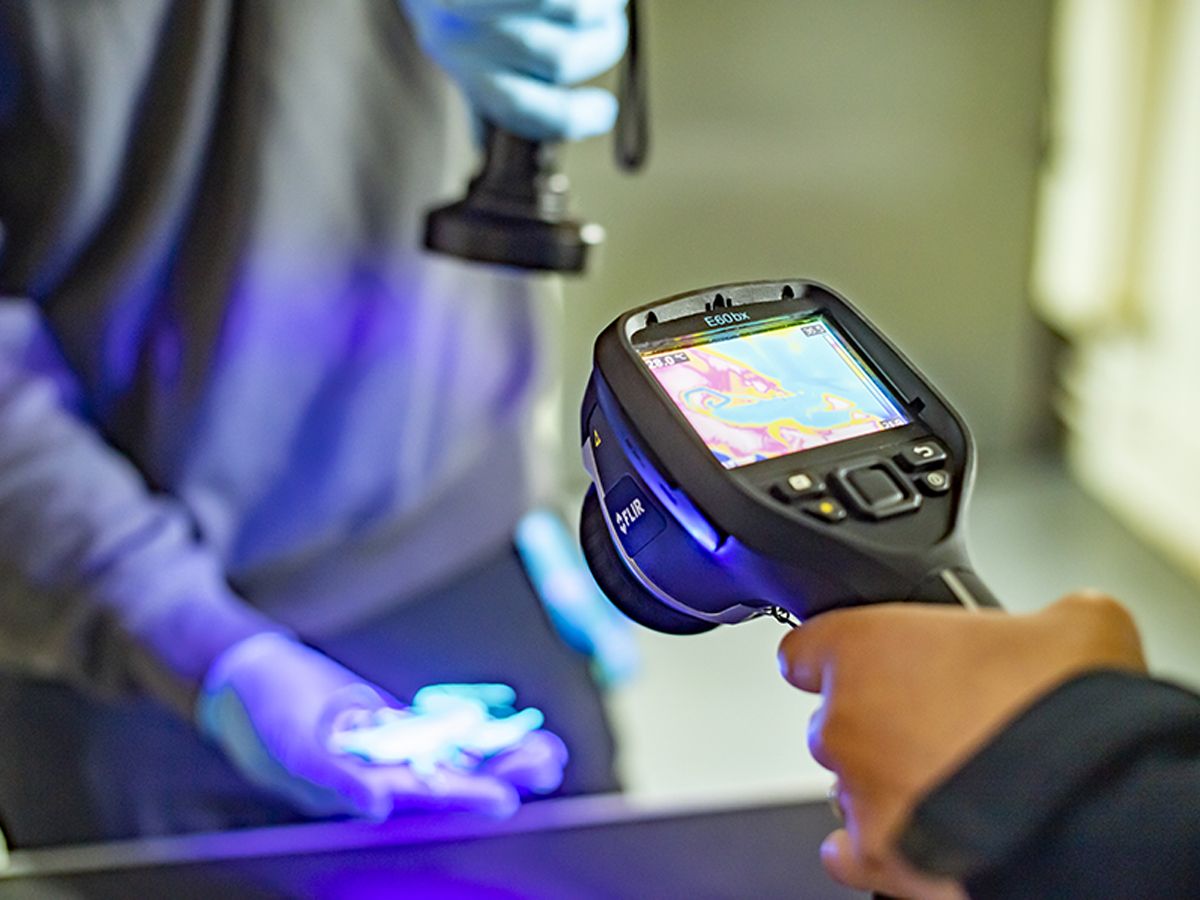 Undergraduate | Full-time / Sandwich
Undergraduate | Full-time / SandwichCOURSE
Zoology - BSc (Hons)
https://www.ntu.ac.uk/course/animal-rural-and-environmental-sciences/ug/bsc-zoology
-
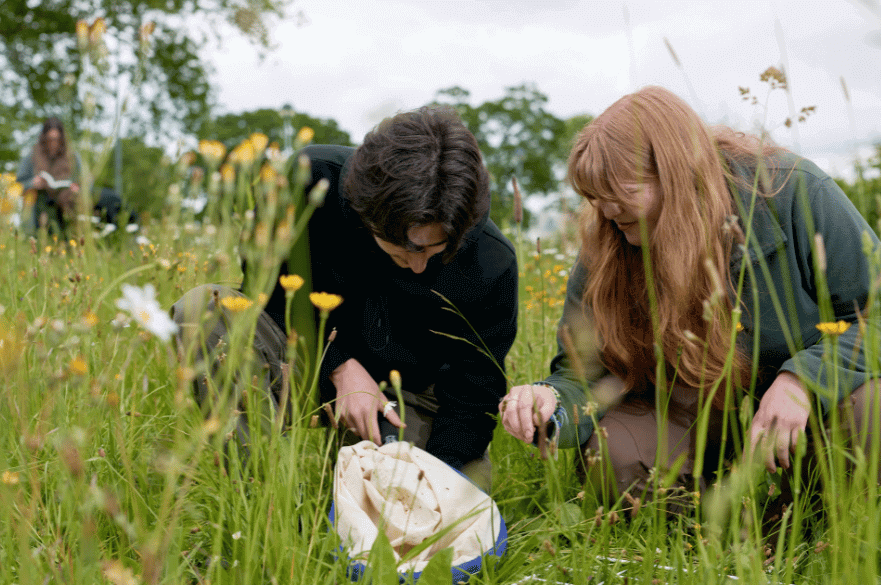 Undergraduate | Full-time / Sandwich
Undergraduate | Full-time / Sandwichhttps://www.ntu.ac.uk/course/animal-rural-and-environmental-sciences/ug/wildlife-conservation-with-foundation-year
-
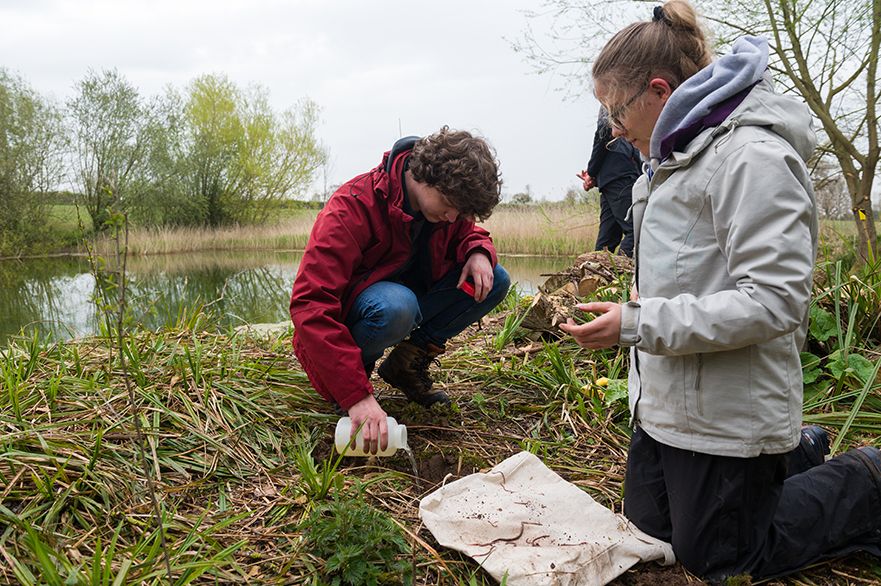 Undergraduate | Full-time / Sandwich
Undergraduate | Full-time / Sandwichhttps://www.ntu.ac.uk/course/animal-rural-and-environmental-sciences/ug/ecology-and-conservation-with-foundation-year
